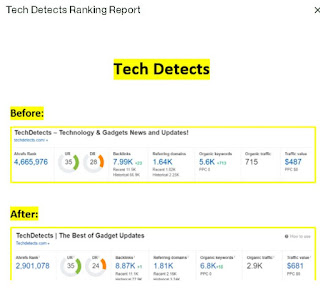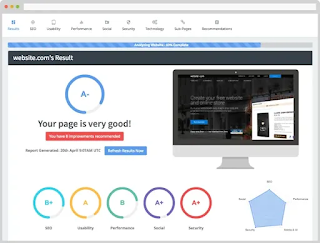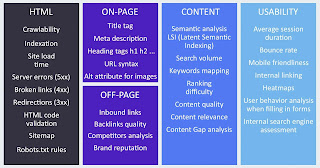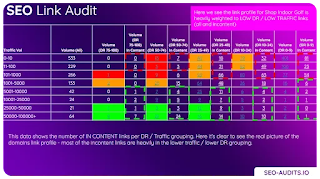How to Use a Long-Tail Keyword Generator for SEO Success
Are you struggling to find the right keywords for your website? Long-tail keywords are a great way to improve your SEO and attract more organic traffic. However, finding the right long-tail keywords can be challenging. In this article, we will show you how to use a long-tail keyword generator to achieve SEO success.
What are long-tail keywords?
Before we dive into how to use a long-tail keyword generator, let's first define what long-tail keywords are. Long-tail keywords are phrases that contain three or more words and are very specific. These keywords are often less competitive than short-tail keywords, making them easier to rank for in search engine results pages (SERPs).
Why are long-tail keywords important for SEO?
Long-tail keywords are important for SEO for several reasons. First, they are less competitive, which means that it is easier to rank for them. Second, they are more specific, which means that they are more likely to attract users who are interested in your content. Finally, they often have higher conversion rates because they are more targeted.
How to use a long-tail keyword generator
Now that you understand the importance of long-tail keywords, let's look at how to use a long-tail keyword generator.
Step 1: Choose a long-tail keyword generator tool
There are several long-tail keyword generator tools available, such as Google Keyword Planner, Ahrefs, SEMrush, and Ubersuggest. Choose one that you are comfortable with and that fits your budget.
Step 2: Enter your seed keyword
Enter your seed keyword into the long-tail keyword generator tool. This is the main keyword that you want to target. For example, if you have a website that sells running shoes, your seed keyword might be "running shoes."Step 3: Analyze the results
The long-tail keyword generator tool will generate a list of long-tail keywords based on your seed keyword. Analyze the results and look for keywords that are relevant to your content and have a decent search volume.
Step 4: Check the competition
Once you have identified potential long-tail keywords, check the competition for those keywords. Use a tool like Google Keyword Planner or SEMrush to see how difficult it is to rank for those keywords. Look for keywords that have low competition and high search volume.
Step 5: Use the keywords in your content
Once you have identified the right long-tail keywords, use them in your content. Make sure to use the keywords naturally and avoid keyword stuffing. Use the keywords in your title, meta description, headings, and throughout your content.
Conclusion
In conclusion, using long-tail keywords is a great way to improve your SEO and attract more organic traffic to your website. By using a long-tail keyword generator, you can easily find the right keywords for your content. Remember to choose a tool that fits your budget, analyze the results, check the competition, and use the keywords naturally in your content.
FAQs
What is a long-tail keyword generator? A long-tail keyword generator is a tool that helps you find long-tail keywords that are relevant to your content.
Why are long-tail keywords important for SEO? Long-tail keywords are less competitive and more specific, making it easier to rank for them and attract targeted traffic to your website.
What are some popular long-tail keyword generator tools? Google Keyword Planner, Ahrefs, SEMrush, and Ubersuggest are popular long-tail keyword generator tools.
How do I use long-tail keywords in my content? Use long-tail keywords naturally in your content,



.png)
.jpeg)

.png)
.png)
.png)




.png)

.jpeg)

.jpeg)

0 Comments